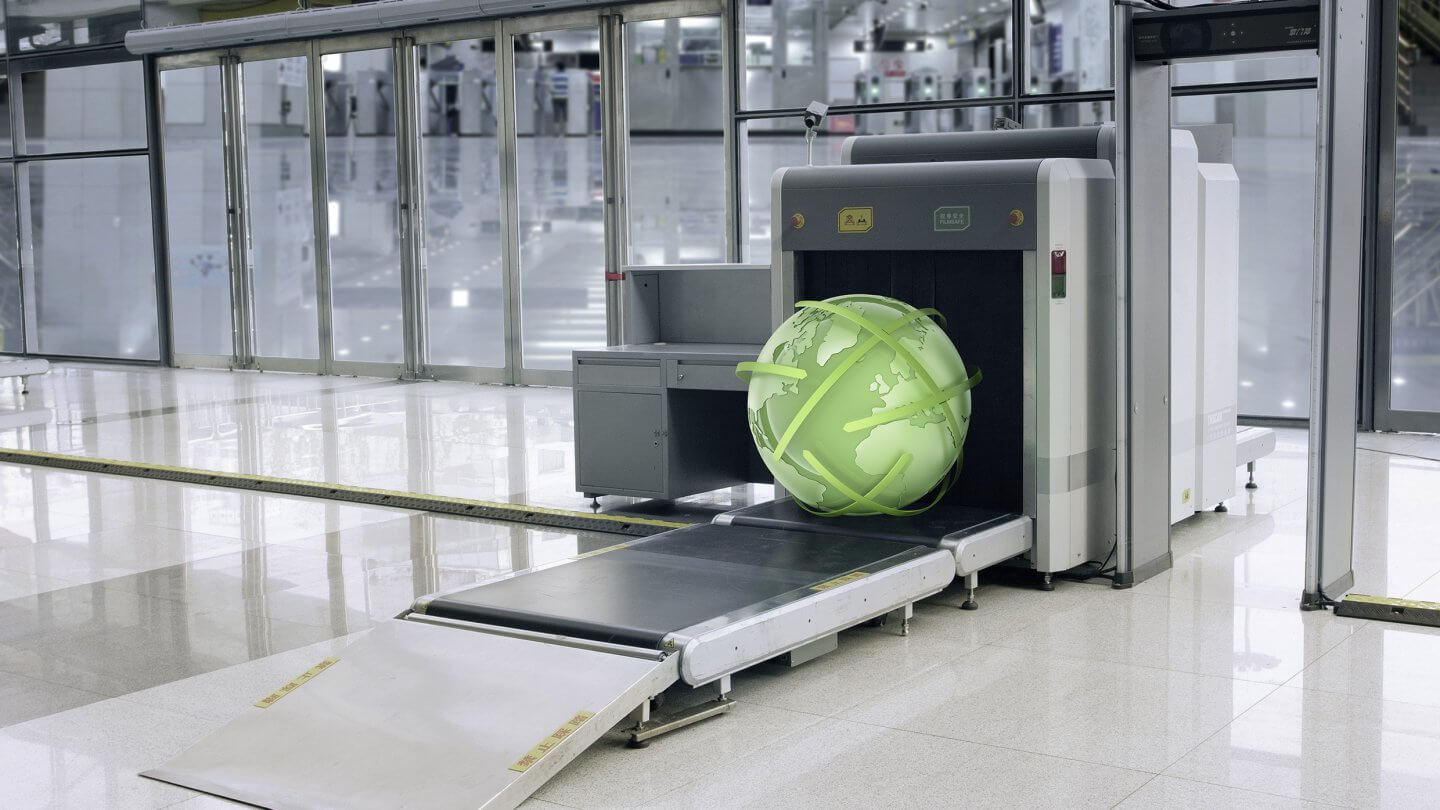The complexity and uncertainty of international trade — what next?
Anyone who’s involved professionally in the technology industry will be able to tell you there is a significant disjoin between the speeds at which governments move and the rate of technological development. Technology is all about rapid innovation, while governments tend to operate at a much slower cadence, one that seems comparatively glacial for so-called modern times.
As a result, global commerce, powered as it is by technology, presents new markets and opportunities for organisations that are sometimes at odds with governance and general regulations. Consumers as easily source electronic gadgets from China as from their own country, thanks to the international nature of the internet. But then the customer is shocked by extensions to predicted delivery times and delays as goods cross customs zones. Finally, there can be an unpleasant awakening when duties are payable after consignments finally reach their destination country.
Similarly to consumers, companies and organisations that trade globally have to work at speeds and according to the strictures dictated by the governments of the jurisdictions their goods or services travel through. The taxes, tariffs and duties payable, or the required exemption registrations, have to be filed in different ways, via different methods, at different times in the business cycle.
When businesses are small and consignments or international trade levels few, that’s not too much of a problem. But at scale, the bureaucratic oversight necessary creates a significant resource drain. In our last article on TechHQ, we looked at the offerings of MIC Datenverarbeitung GmbH., a company that offers global customs and trade compliance software solutions to automate customs and trade compliance processes by which much of the cost burden of what could be termed “bureaucracy management” can be alleviated. Its Global Customs Management System MIC-CUST®, for example, takes away much of the burden of transnational customs declarations and the related paperwork.
Even for companies with established trading routes, and no concrete plans to explore new avenues, market and political factors add layers of complexity and uncertainty to businesses of all sizes in every industry.
Regulations change — albeit slowly — on a regional, national and international basis, with ramifications that are often global. The EU’s replacement of ICS with ICS2, for example, affects any company involved in moving cargo, freight or parcels to or from the continent. Low quality or incomplete declarations will mean goods delayed at EU borders, and companies need to adjust their processes to take into account the need for advanced filing of necessary information from 2024.
The need for forward-planning and the ability to work in complex bureaucracies (and languages) for international trade is difficult enough, without any element of unpredictability. The prime example of this currently still making headlines across the world, despite the coronavirus epidemic, is Brexit.
While a certain amount of speculation is natural, the degree of uncertainty as to the minutiae of UK/European trade is being multiplied by a UK government that could be charitably described as mercurial. The vagaries of domestic UK politics should have little impact on global commerce, but business has never thrived in a climate of uncertainty, but that is, unfortunately, the situation many trading companies face.
The lack of concrete plans and the seeming indifference shown by the UK to adhering to even its own proposals mean that companies all over the world not only cannot plan strategy but cannot be sure that any new trade regulations will be anything more than fleeting.
However, MIC is a company that responds to this type of unpredictable trade conditions every day. Its detailed database of export checks, customs regulations, product classifications and electronic filing technologies means that as the situation between mainland Europe and the UK develops, companies will be able to continue to trade quickly and legally to the fullest extent of what’s possible.
Whether your organisation needs an overhaul of its import/export processes, advice on new markets or trading routes, or practical technology that removes huge amounts of overheads in your back office, the company’s over 30 years international experience will help.
While its abilities don’t extend to solving 50km tailbacks of lorries entering and leaving the UK, there are few areas of international trade with which MIC cannot help. Reach out today to MIC for more information on the company’s customs and trade compliance software offerings.









